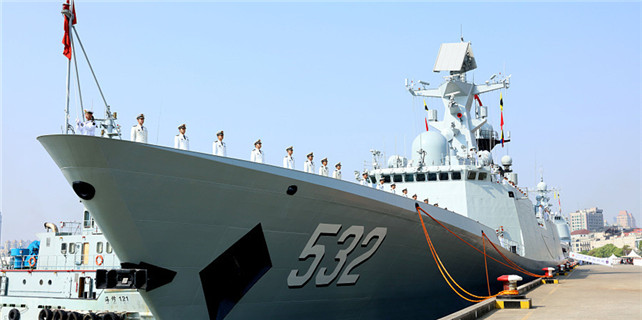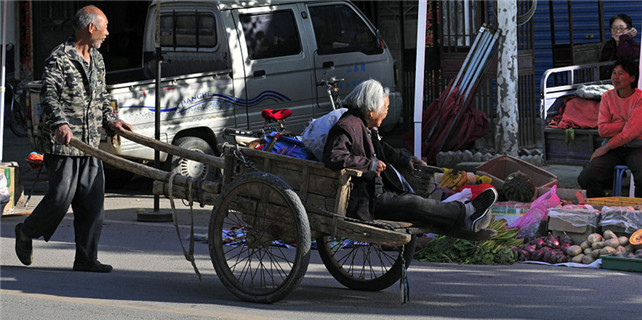Chinese bookstores adapt to social changes
BEIJING — For Gao Hengrui, 20, going to a bookstore is no longer only about buying books, rather, it is a "culture hunt."
Wine tasting, photo exhibitions, themed lectures - cultural events like these have made bookstores a "must-go" for young Chinese.
"Bookstores today are not just stores, but public spaces where people can relax," Gao said.
As China's consumer spending on culture grows, the country's bookstores are reinventing themselves. Redefining themselves as "knowledge centers" or "cultural hubs," physical bookstores are reviving an industry in a downturn.
CITIC Books, the book chain owned by Chinese conglomerate CITIC Group, for example, offers value-added services to meet the demand of a niche market.
CITIC Books targets a group of customers it calls "the rising class," offering them new products in its bookstores, such as drones and 3D-enabled phones.
To diversify its income streams, CITIC Books also offers customized services to corporate executives, selecting the "right" books to cater to the demand of individuals based on their personal characteristics such as age and interest.
"Bookstores are not just selling products now. In fact, they are selling lifestyle," Fang Xi, general manager of CITIC Books, told Xinhua.
In 2016, CITIC Books' parent company, CITIC Press, generated a net profit of 128 million yuan (about $18.6 million), 28 percent more than the previous year, according to the company's annual report.
Revenue growth will accelerate as the book chain opens more stores this year, according to Fang. Confident in the company's growth potential, Fang said that CITIC Books plans to open another 60 stores in 2017.
Like CITIC Books, branded bookstores around the country are looking for their own niche market. In Guangzhou, a bookstore operates much like a boutique shop, offering designer accessories and artwork while giving readers space to read. In Beijing, a bookstore features cats, inviting cat lovers worldwide to spend an afternoon with books, coffee and their favorite pets.
What underlies the transformation of physical bookstores is a shift in China's consumption, which is becoming increasingly diversified and culture oriented.
"Not that long ago, big companies in China had all the power to determine what products would be made available to the market," said CITIC Group chairman Chang Zhenming in the company's annual report. "That era is long gone, and consumption models have changed to reflect the primacy of customer desire."
Whether it's selling artworks or offering coffee, booksellers have their own way to answer the call.
"The change in bookstore culture exactly reflects what's going on in the economy," Fang said.
Cultural spending in China as a whole is gaining momentum as authorities push the cultural sector. China's 13th Five-Year Plan (2016-2020), the country's social and economic development blueprint, is attempting to make the culture a "pillar" in the country's economy.
Local governments have also introduced detailed support measures, including rewards and tax incentives, to encourage physical bookstores.
According to a poll conducted by Renmin University of China, the Culture Consumer Index, a measure of the country's cultural consumption, increased from 73.7 in 2013 to 81.5 in 2015.
With government support and rising demand, publishers like CITIC Books cannot find a better time to innovate.






















